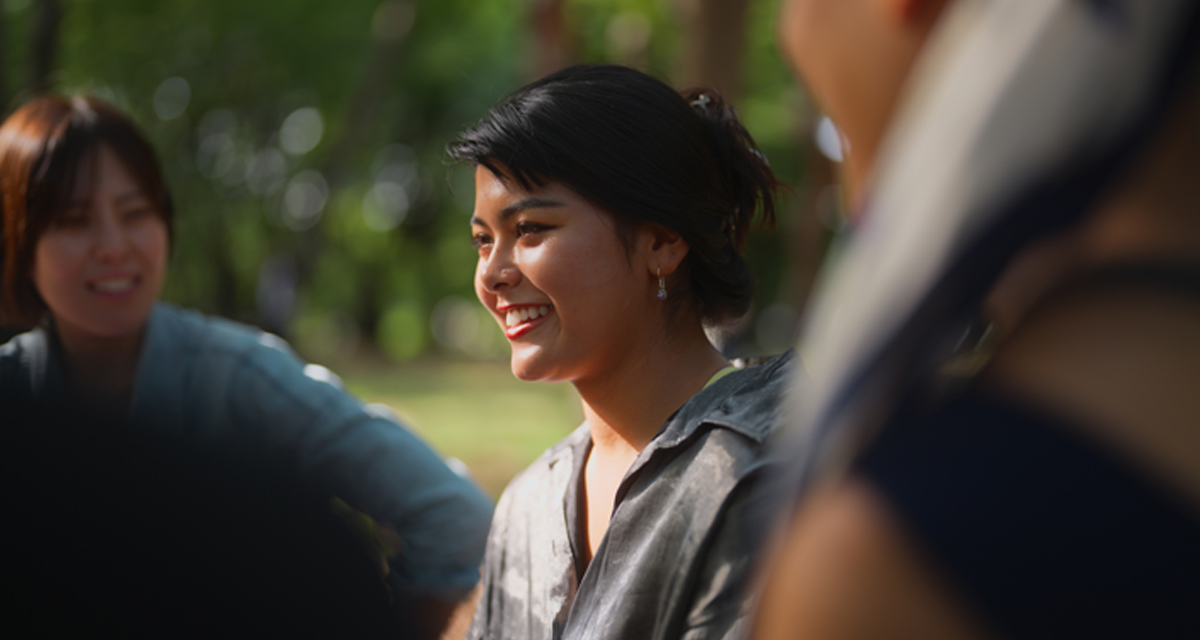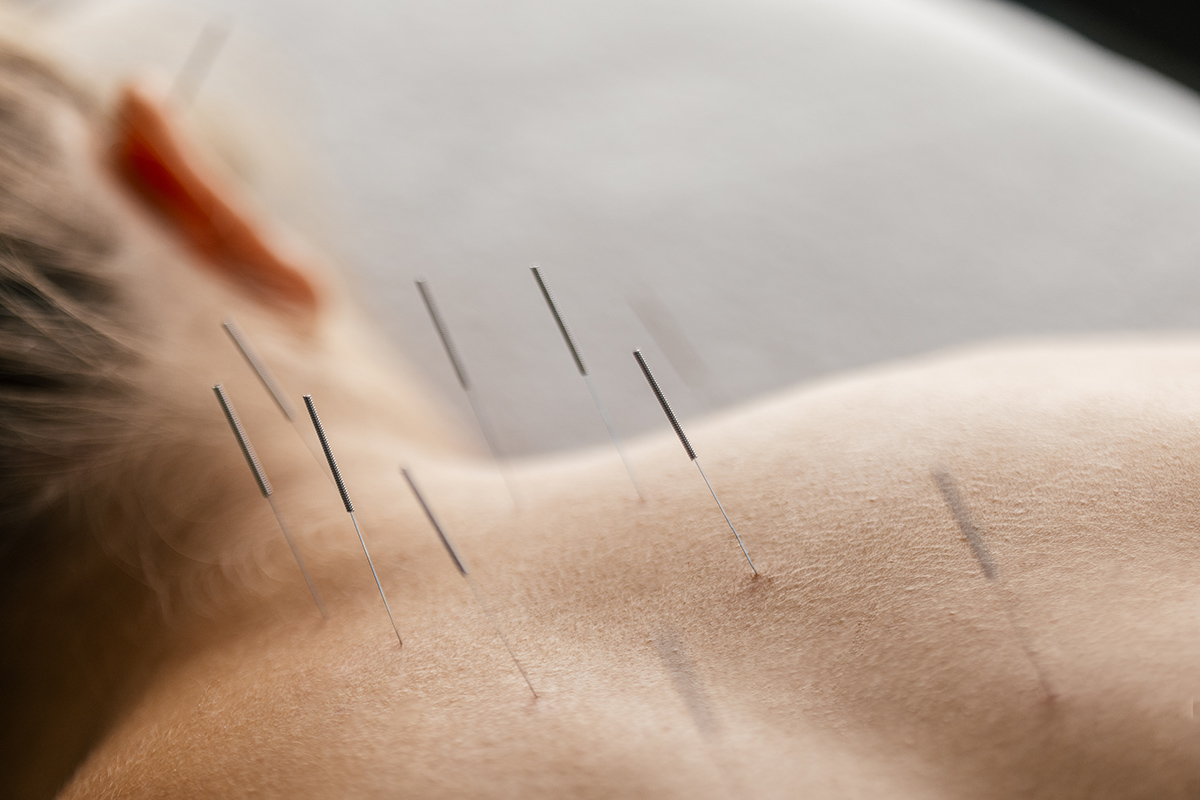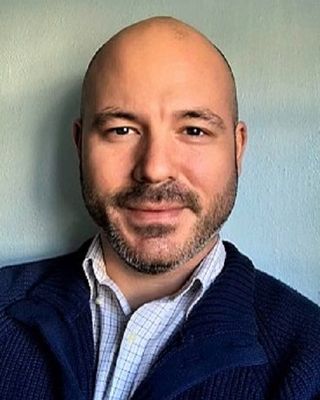
Substance use disorders (SUD) impact many Americans, with 2021 seeing nearly 46 million aged 12 and up diagnosed. Unfortunately, of these individuals, only 6% received treatment for the disorder, and in many cases, those who have an SUD are also struggling with another disorder. That’s why holistic addiction treatment is so essential as a way to treat the mental, physical, emotional, and spiritual needs of the individual so that they may experience a full recovery.
When it comes to achieving substance abuse recovery, it is essential to treat the whole person, including their mind, body, and spirit. Maryland Recovery programs use a holistic approach while also focusing on integrative care.
What Is Holistic Addiction Treatment?
Holistic substance use disorder programs are not simply defined, as they typically contain various components to meet the unique needs of the person struggling with an SUD.
In general, these programs focus on treating the whole individual by:
- Allowing the individual to take charge of their health
- Using therapeutic and diagnostic modalities that do not fall under traditional medicine
- Emphasizing the importance of caring for the whole person
Holistic therapy remedies and treatment can be viewed as different from traditional rehabilitation programs, as they have the unique approach of treating the mind, body, and spirit rather than just treating the symptoms of the issue. Key holistic therapy components include focusing on mind-body healing, in which the individual uses certain therapies such as meditation or yoga, massage therapy, energy healing practices, and more. Certain lifestyle changes may also be required, such as attention to nutritious food and dietary supplements. Alternative medicines, such as herbal medicines, are frequently involved.
The Science Behind Holistic Recovery

So, does holistic recovery work for addiction? To answer this question, it is important to consider their benefits to people in holistic recovery programs.
First, holistic programs rely on counseling and therapy sessions to help the person understand the reasoning behind their substance use and address all root causes and associated factors. As a result, although holistic programs often feature access to 12-step groups as a component of healing, the focus is placed on recovery for the whole individual rather than just the absence of substance use, as with many 12-step recovery systems.
As mentioned, many individuals struggle with mental health issues in addition to substance use disorder – and many others experience mental health impacts of long-term substance use. For these individuals, the Journal of Holistic Nursing research reveals that the holistic approach may be especially beneficial, as it considers all aspects of the human experience and condition. Some studies have shown that psychological issues and other factors are linked to health-related changes in clients after being treated for substance use disorders.
Research published in Nordisk Alkohol Nark suggests that a combination of holistic therapy along with other traditional methods, such as 12-step groups, produces more positive outcomes for long-term abstinence from substance use. Individuals also report improvements in mental health and chemical dependency.
Key Components of Holistic Substance Abuse Programs
The best alternative therapies for substance abuse can be found in holistic treatment approaches for substance use recovery. Holistic substance use disorder programs frequently include some or all of the following strategies:
Nutrition and Diet Therapy
Nutrition and diet therapy play an important part in substance use recovery. Personalized diet and nutrition regimens are created to address nutrient deficiencies and unique needs related to substance use. Proper nutrition also helps support better health, easing the recovery process.
Exercise and Movement Therapy
Exercise is an essential part of maintaining a healthy lifestyle for all individuals, not just those experiencing substance use disorder. Promoting exercise as a part of alternative SUD treatment can enhance the individual’s recovery process. Many individuals experience positive benefits from participating in exercise programs like yoga, Tai Chi, or even hiking or biking, releasing stress, promoting physical wellness, and helping with hormone balance.
Mindfulness and Meditation
Holistic mental health treatment often includes meditation and mindfulness practices. Mindfulness and medication can help to quiet the parts of the brain associated with addiction tendencies and cravings. Research published in the Journal of Clinical Psychology suggests that mindfulness meditation can help interrupt the tendency to revert back to the impulsive behaviors that lead to substance misuse. Mindfulness may be an effective way to prevent relapses.
Acupuncture and Alternative Medicine

Acupuncture is promoted as a positive way to induce stress relief and is often used to bring balance to the body after experiencing the negative effects of substance use. Herbal medicine can also prove to be beneficial to those in recovery from substance use disorder, especially for those experiencing issues such as insomnia, mood swings, and reduced appetite.
Energy healing is another type of alternative addiction treatment that restores balance as it stimulates the body’s energy fields that have been impacted by emotional, physical, and mental elements. Touch therapies are often used as a means of restoring energy balance.
Therapeutic Arts and Creative Expression
Art therapy gives individuals a unique opportunity to use their creativity to work through complex emotions throughout their recovery journey. Meanwhile, they have the chance to fully experience all of their senses. Art therapy and music therapy can also enable individuals to make connections between their emotions and feelings related to their substance use.
Journaling can be another crucial part of holistic therapy, as it promotes inner reflection, leading the person to connect to the source of the emotions, feelings, and outside factors that led to the substance use. By expressing themselves in a creative way, individuals can begin healing emotionally, which is essential to recovery.
Nature and Outdoor Therapy
Regularly spending time in nature can be beneficial in the recovery process, as it helps promote healthier habits to replace the destructive ones. Being outside can also give a person a chance to reflect, recharge, and relax in a healthy manner. Ecotherapy is an interesting component of nature and outdoor therapy that uniquely connects mental and physical well-being, promoting the importance of connecting with nature to experience inner peace and balance.
Why Holistic Treatment Leads to Full Recovery
More and more people are learning how holistic rehab helps addiction recovery compared to traditional models because the holistic approach prioritizes treating all areas affected by substance use disorder. This type of treatment addresses the mental, emotional, spiritual, and physical roots and impacts of substance use.
Traditional methods focus on addressing the symptoms of substance use, but holistic treatment understands that a person’s whole being is impacted by substance use. When clients prioritize their physical health, address mental health in a trauma-informed manner, and develop healthy physical and emotional coping skills to avoid future use, they have a better chance of attaining and remaining in recovery.
Maryland Recovery employs a unique and personalized holistic approach that helps clients feeling trapped in SUD and an unhealthy lifestyle to experience recovery. Personalized programs that address individual needs can rebuild the mind, body, and spirit, better equipping people to recognize their triggers and avoid relapses.
Who Benefits Most From Holistic Recovery?
Everyone can benefit from holistic recovery programs, but certain groups are especially responsive to holistic treatment:
- People with Anxiety Disorders – Holistic therapy can assist with feelings of anxiety, as it teaches healthy ways to cope using techniques such as mindfulness and meditation.
- People with Depression – Depression is very difficult to overcome without professional intervention. Holistic treatment can help by empowering individuals to confront emotional and physical issues that contribute to their SUD.
- People with Post-Traumatic Stress Disorder (PTSD) – Holistic recovery programs prioritize handling mental health repercussions with trauma-informed techniques. Individuals learn to process their past trauma so that they can overcome it and utilize healthy coping skills to avoid triggers.
- People with Co-Occurring Disorders – As mentioned, many individuals with SUD experience two or more mental or physical health issues at the same time. Mental and physical health issues may occur due to SUD or another cause, like genetics or social environment, and a holistic approach can address all factors.
- People with Behavioral Addictions – Behavioral addictions like gambling, excessive eating, or impulsive shopping can improve with therapies that address triggers and implement healthy emotional coping skills.
- People with Impulse Control Disorders – Impulse control disorders like kleptomania are often caused by an unresolved, underlying emotional or mental issue that can be addressed with holistic treatment.
An integrative rehab approach – an approach that utilizes multiple techniques and therapies – can be beneficial for just about anyone; however, integrative rehab can especially help the following groups:
- Those who have unresolved trauma
- Those with mental health issues (whether diagnosed or undiagnosed)
- Those with severe anxiety, depression, or trouble managing their emotions
- Those who are looking to experience long-term healing and recovery from substance use disorder
Finding the Right Holistic Rehab Program
If you believe holistic drug rehab is a positive option for you, it is important to thoroughly research your options before making such an important decision.
Consider these three crucial factors in finding the right program for you:
- Ensure that the program can be tailored to fit your needs.
- Review treatment options to ensure therapies are available for your specific physical or mental health issues.
- Ensure the program boasts a variety of therapies that address physical, emotional, and mental well-being.
Another key factor that is especially crucial for finding a quality holistic SUD program is the credibility of the holistic program itself. This means ensuring that the staff is well-qualified and holds the proper credentials, including a variety of medical professionals with different specialties, such as nutritionists, psychologists, and therapists. Ensure the holistic therapies involved are evidence-based and carefully considered to meet the needs of each individual.
Maryland Recovery’s Holistic Approach

For two decades, Maryland Recovery has employed a holistic SUD treatment approach to transform the lives of our clients and enable them to achieve lasting recovery. We take pride in offering a wide variety of therapy options, such as yoga, acupuncture, art therapy, meditation, and more, to ensure each client experiences a personalized approach to healing. By addressing the diverse contributors to SUD, our programs can provide a path to healing when you need it most.
Contact us at Maryland Recovery to learn more about our holistic SUD program or request help from our experts.
Editor’s Note: This article was originally published August 6, 2014 and has been updated April 2, 2025.
Resources:
- American Hospital Association. (2023, January 6). Survey: Most Americans with substance use disorders don’t receive treatment. Retrieved March 27, 2025, from https://www.aha.org/news/headline/2023-01-06-survey-most-americans-substance-use-disorders-dont-receive-treatment
- National Institute on Drug Abuse. (n.d.). Co-occurring disorders and other health conditions. Retrieved March 27, 2025, from https://nida.nih.gov/research-topics/co-occurring-disorders-health-conditions
- Grove Recovery Center. (n.d.). Nutrition counseling for addiction treatment. Retrieved March 27, 2025, from https://grovetreatment.com/addiction/treatment/therapy/nutrition-counseling/
- Khanna, S., & Greeson, J. M. (2013). A narrative review of yoga and mindfulness as complementary therapies for addiction. Journal of Clinical Psychology, 69(8), 846–864. https://doi.org/10.1002/jclp.20237
- Zgierska, A., Rabago, D., Chawla, N., Kushner, K., Koehler, R., & Marlatt, A. (2009). Mindfulness meditation for substance use disorders: A systematic review. Substance Abuse, 30(4), 266–294. https://www.ncbi.nlm.nih.gov/pmc/articles/PMC2818765/
- National Institute on Drug Abuse. (n.d.). Co-occurring disorders and other health conditions (expanded version). Retrieved March 27, 2025, from https://nida.nih.gov/research-topics/co-occurring-disorders-health-conditions#:~:text=Treatment%20for%20co%2Doccurring%20disorders…
- Garland, E. L., Geschwind, N., Peeters, F., & Wichers, M. (2015). Mindfulness training promotes upward spirals of positive affect and cognition: Multilevel and autoregressive latent trajectory modeling analyses. Frontiers in Psychology, 6, 15. https://www.ncbi.nlm.nih.gov/pmc/articles/PMC3753025/
- White, W. L., & Kelly, J. F. (2011). Revisiting holistic interventions in substance abuse treatment. ResearchGate. https://www.researchgate.net/publication/271622364_Revisiting_Holistic_Interventions_in_Substance_Abuse_Treatment
- White, W. L. (2024). The evolution of recovery support services: Implications for the future of addiction treatment. Journal of Social Work Practice in the Addictions, 24(1), 7–25. https://journals.sagepub.com/doi/full/10.1177/08980101241237903
- Choi, Y. J., & Kim, S. (2024). Community engagement and culturally responsive recovery approaches: A systems perspective. Journal of Social Work Practice in the Addictions, 24(1). https://journals.sagepub.com/doi/full/10.1177/08980101241237903
- Addolorato, G., Mirijello, A., Leggio, L., Ferrulli, A., D’Angelo, C., Vonghia, L., … & Gasbarrini, G. (2022). Alcohol use disorder and gut-brain axis: The role of probiotics in healing the microbiota. Frontiers in Psychiatry, 13, 927749. https://www.ncbi.nlm.nih.gov/pmc/articles/PMC9549220/

A solution focused therapist with over a decade in the helping services, I am attuned to the broad expanse of holistic recovery. My mission is inspired by the work of Joseph Campbell, Dr. Wayne Dyer, and Fr. Joseph Martin. I am well versed in the specific needs of the recovery community and am trained in EMDR.








